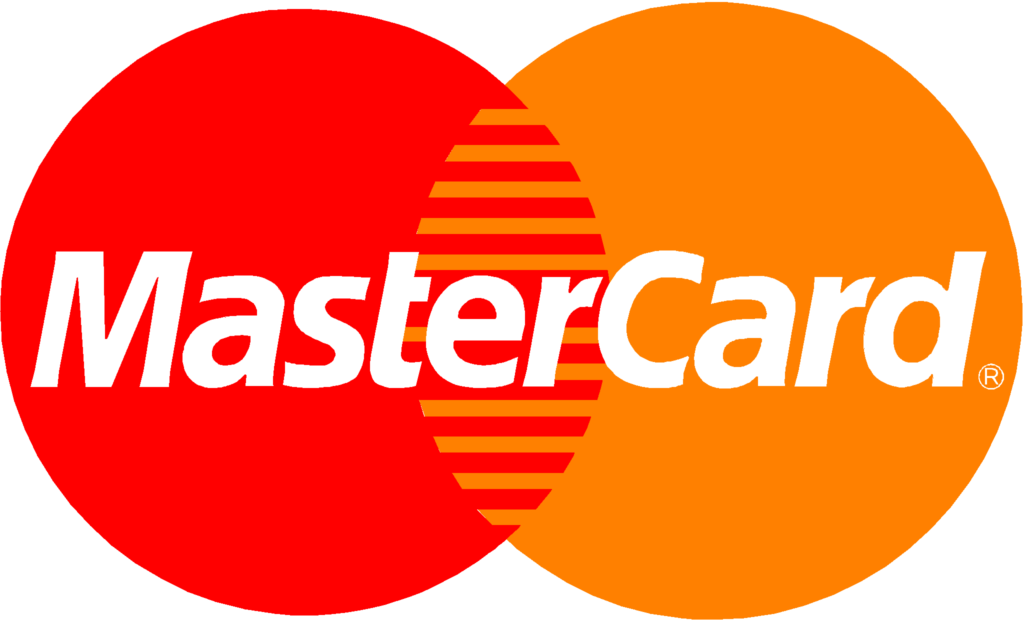You have written (new) SEO texts based on keyword research, and you are actively blogging. Still, this does not give you the results you were hoping for. If you search on Google for your products or services, the competitors are all still above you. Or worse, your website does not appear on the first page at all. Was all that effort was in vain?
When a new article is written, it does not mean that you immediately reach organic top positions in the search engines. First, keep in mind that SEO optimization is a long-term strategy.
Build authority
If you have the content, you must build authority. You can see your authority as the reputation of your website compared to your competitors. How quickly real results are visible, which is reflected in Google’s top positions, depends on the so-called “competitive factors”. Important competitive factors that also influence the achievement of possible top positions are:
Domain Authority:
This is a factor that indicates the authority of your website. The domain authority is a number between 0 to 100 where a score of 100 indicates the absolute peak. It is easier to go from score 15 to score 25 than from score 65 to 75. This score applies to the entire web domain.
Page Authority:
A value from 0 to 100 is given to a specific page.
You build your domain authority, just like a reputation, over several years. For example, a new website with a new domain name has not yet built domain authority and therefore starts from 0. If your competitors do have a high Domain and Page Authority, it is more difficult to top the organic search results. So the question is: How do you get higher authority in Google?

10 Tips to Build Authority
An SEO audit is a review of a website for relevant SEO aspects. Often an SEO audit is the beginning of larger SEO work. Some also call it an “SEO check”, but an audit feels more extensive than a check. There are various reasons for SEO audits: As a newly hired SEO manager at a company that has not previously done SEO, you usually do an audit. SEO audits are often carried out by agencies to thoroughly “check out” a website. Another important reason is relaunches and the merging of domains or internationalization – here, however, the audits are more targeted and often only relate to the necessary areas for a relaunch. For example, there are also URL audits or link audits.
Agencies often send an SEO audit in PDF form or present it as a presentation. In-house SEOs, they present the audits to their superiors – or work with them themselves.
Create good content
If you want your content to be more shared, you need to create shareable content. Easier said than done, because when there is something good? Use the tips from our professional talk article, like ’10 tips to write good content’.
Use Rich Content
In addition to the fact that Google loves innovative and good quality content, it is also highly appreciated when content is enriched with relevant images and/or videos. This ensures that extra power and value are added to the written content and that it is easier for a reader to understand or serves as an extra addition.
Tap into current affairs
A quick win to build on your authority is to tap into current affairs, which temporarily have a higher search volume. You can come up with creative links for social media, but you can also incorporate current events in your blog. What is going on in your industry? What developments are there? And what consequences will this have for your customers?
Keep content up-to-date
Is the content still relevant to you a few weeks or months ago? See if you can update your articles. Google is crazy about innovation and, therefore, likes to regularly recycle or renew your content to keep your content up to date.
Share the same content more often You can share content
With a long lifespan more often. Certainly, on a volatile medium like Twitter, it is not surprising to post your blogs more often. This ensures more visitors and increases your Page Authority score. Be careful not to spam too much, but spread your updates over a certain period of time.
Create internal links
By linking internally in your own pages, you not only ensure that there is a certain relationship between relevant articles or an increase in user-friendliness, but it also reflects the structure of your site. Google loves this.
This is also something you can slowly build up. If you’re just starting out blogging, there isn’t that much content to refer to yet. However, you will find that you will have enough articles or blogs that you can link together over time. Do not forget to also provide your older content with new links.
Check the title
The chance that your content will be found is greater if you want to use the keywords you want to be found for in the title. However, your competitor will do the same. Sometimes it is better that you go for a combination of keywords that have less search volume and less competition. Make sure the title remains attractive to potential readers.
Make content easy to share
Are your blog articles not yet provided with social media share buttons? Make sure this is done quickly. Make it as easy as possible for your visitor to share your content.
Increase link popularity
Do not look at the number of websites that have placed a link but at the links’ quality/relevance. A link is only relevant if the external website where your link is mentioned is about the same subject as your own website. When the external website has high link popularity and places a link to your own website, that link also gives link popularity.
Send newsletters
Newsletters can give a significant boost to your visitor’s numbers, so that more people can share your content. This in turn increases your social authority. This also indirectly contributes to the findability on Google.
Bottom line: Create good content, and make sure that you design that content well, update it, link it together and share it regularly.










